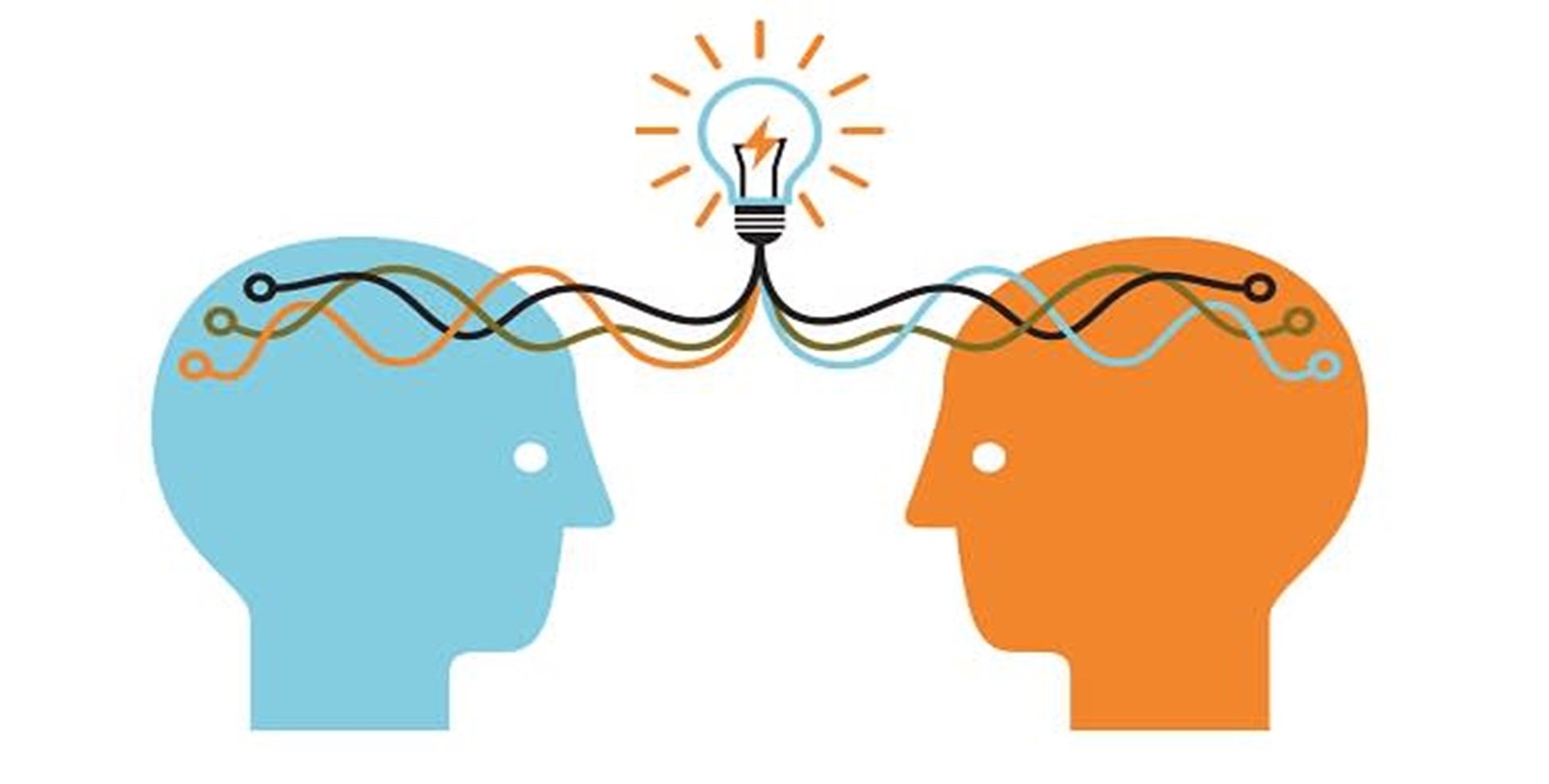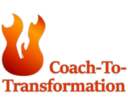Coaching and implications
- Nov 09th 2020
This blog is authored by Sandhya George
During the last 6 months of my involvement with coaching, I have been involved in coaching my peers who come from different walks of life. Many of them shared their personal issues, their professional concerns, some even spoke about larger social issues. During the course of these discussions, I realized that I had vested interests in the outcome of these discussions. The reason being that I could identify my concerns and inner insecurities with the participant. I would be voicing similar thoughts, or I would have raised similar issues in discussions with my coach. Hence the question, could I have influenced my coaching discussion by virtue of my personal interest.
I realize that it is possible. However, the next question was – how could I have influenced the same.
The coaching process is very clear in terms of questions – the responses of the participant – then again follow up questions. It is largely based on the questions that I ask keeping in mind the responses of the participant. The PCC markers are very clearly defined starting with the coaching agreement, the presence, active listening, questioning, awareness and finally action plans/accountability. The way I structure the questions, use silence, question emotions, share observations, thoughts, feelings, inquire about the clients assumptions/behaviors/energy shifts- all these can make a difference in the way I conduct the coaching. So do I really influence the coaching discussion especially if I have a personal need to understand the result of the same.
There can be two alternatives. One that I drop out of the coaching discussion and inform the coachee that I cannot move forward since I would not be able to keep the discussion objective. I am not sure if this is actually feasible in majority of the cases. If yes, I believe it will also create a lack of trust between my coachee and myself.
The second option could be where I continue the discussion but ensure that my personal biases, thought processes, understanding of situations don’t come into the picture. I use the language of the coachee and help the coachee explore further. Lastly ensure that I don’t project solutions and answers to the coachee. The latter option will require practice and objectivity. It will need myself to be present as a coach and ensure that I stick to my role as a coach in that discussion. It will need me to ensure that I accept that I could face similar issues and concerns. However my thoughts, approach and discovery of the issue, could be very different from that of my coachee. In essence, when and if, I have a discussion on the same topic with my individual coach, I could discover something completely different. It is entirely dependent on how the coach questions and moves you forward in the coaching discussion.
Over the last 3 months of coaching my peers, I have faced many situations where I realize that I wanted to or have already taken up that topic for discussion with my individual coach. However, the thinking associated with it was dependent on the coach him/her self. In some cases, solutions were the same but in majority of the cases, the approach and exploration process was very different. Basically every person has his/her own individual thinking process and this cannot be the same for every person. This individual exploration process is the key towards the learning process.
Disclaimer
The views and opinions expressed in this blog are those of the authors and do not necessarily reflect the official policy or position of Coach-To-Transformation or its parent company.


Rajat Garg
Rajat is a Master Certified Coach (MCC) with over 18 years of industry experience and over 2500 hours of coaching experience, helping people and organizations attain maximum effectiveness. His background includes working with CXOs, senior managers, managers and board of directors of small private companies to multi-billion dollar publicly traded organizations.









0